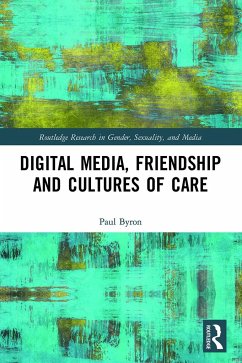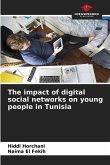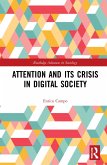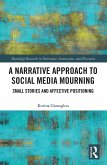This book explores how digital media can extend care practices among friends and peers, researching young people's negotiations of sexual health, mental health, gender/sexuality, and dating apps, and highlighting the need for a multifocal approach that centres young people's expertise.
Taking an "everyday practice" approach to digital and social media, Digital Media, Friendship and Cultures of Care emphasises that digital media are not novel but integrated into daily life. The book introduces the concept of "digital cultures of care" as a new framework through which to consider digital practices of friendship and peer support, and how these play out across a range of platforms and networks. Challenging common public and academic concerns about peer and friendship influences on young people, these terms are unpacked and reconsidered through attention to digital media, drawing on qualitative research findings to argue that digital and social media have created important new opportunities for emotional support, particularly for young people and LGBTQ+ people who are often excluded from formal healthcare and social support.
This book and its comprehensive focus on friendship will be of interest to a range of readers, including academics, students, health promoters, educators, policymakers, and advocacy groups for either young people, LGBTQ+ communities, or digital citizenship. Academics most interested in this book will be working in digital media studies, health sociology, critical public health, health communication, sexualities, cultural studies, sex education, and gender studies.
Taking an "everyday practice" approach to digital and social media, Digital Media, Friendship and Cultures of Care emphasises that digital media are not novel but integrated into daily life. The book introduces the concept of "digital cultures of care" as a new framework through which to consider digital practices of friendship and peer support, and how these play out across a range of platforms and networks. Challenging common public and academic concerns about peer and friendship influences on young people, these terms are unpacked and reconsidered through attention to digital media, drawing on qualitative research findings to argue that digital and social media have created important new opportunities for emotional support, particularly for young people and LGBTQ+ people who are often excluded from formal healthcare and social support.
This book and its comprehensive focus on friendship will be of interest to a range of readers, including academics, students, health promoters, educators, policymakers, and advocacy groups for either young people, LGBTQ+ communities, or digital citizenship. Academics most interested in this book will be working in digital media studies, health sociology, critical public health, health communication, sexualities, cultural studies, sex education, and gender studies.








